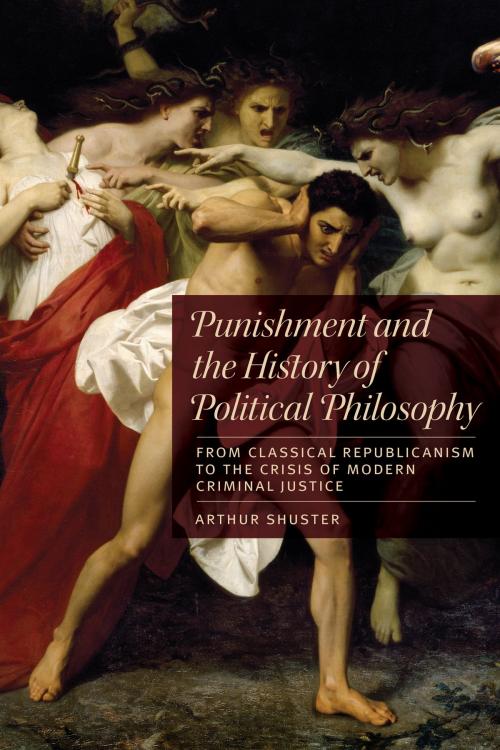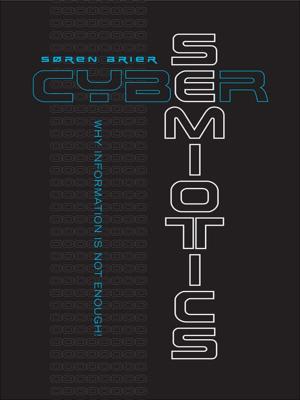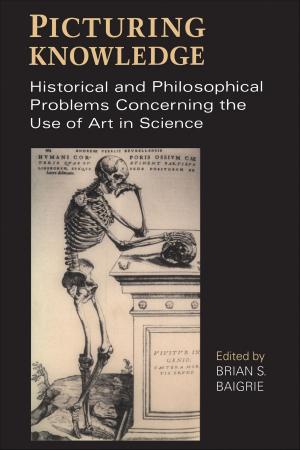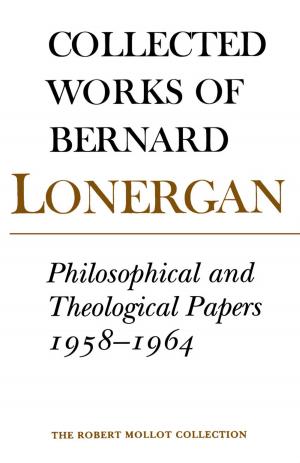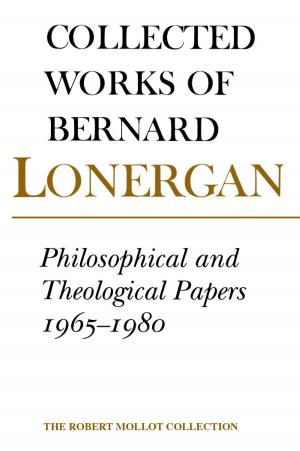Punishment and the History of Political Philosophy
From Classical Republicanism to the Crisis of Modern Criminal Justice
Nonfiction, Reference & Language, Law, Administrative Law & Regulatory Practice, Religion & Spirituality, Philosophy, Political, Social & Cultural Studies, Social Science, Crimes & Criminals, Criminology| Author: | Arthur Shuster | ISBN: | 9781442667716 |
| Publisher: | University of Toronto Press, Scholarly Publishing Division | Publication: | January 27, 2016 |
| Imprint: | Language: | English |
| Author: | Arthur Shuster |
| ISBN: | 9781442667716 |
| Publisher: | University of Toronto Press, Scholarly Publishing Division |
| Publication: | January 27, 2016 |
| Imprint: | |
| Language: | English |
Contemporary philosophy still lacks a satisfying theory of punishment, one that adequately addresses our basic moral concerns. Yet, as the crisis of incarceration in the United States and elsewhere shows, the need for a deeper understanding of punishment’s purpose has never been greater.
In Punishment and the History of Political Philosophy, Arthur Shuster offers an insightful study of punishment in the works of Plato, Hobbes, Montesquieu, Beccaria, Kant, and Foucault. Through careful interpretation of their key texts, he argues that continuing tensions over retribution’s role in punishment reflect the shift in political philosophy from classical republicanism to modern notions of individual natural rights and the social contract.
This book will be vital reading for political theorists, philosophers, criminologists, and legal scholars looking for a new perspective on the moral challenges faced by the modern criminal justice system.
Contemporary philosophy still lacks a satisfying theory of punishment, one that adequately addresses our basic moral concerns. Yet, as the crisis of incarceration in the United States and elsewhere shows, the need for a deeper understanding of punishment’s purpose has never been greater.
In Punishment and the History of Political Philosophy, Arthur Shuster offers an insightful study of punishment in the works of Plato, Hobbes, Montesquieu, Beccaria, Kant, and Foucault. Through careful interpretation of their key texts, he argues that continuing tensions over retribution’s role in punishment reflect the shift in political philosophy from classical republicanism to modern notions of individual natural rights and the social contract.
This book will be vital reading for political theorists, philosophers, criminologists, and legal scholars looking for a new perspective on the moral challenges faced by the modern criminal justice system.
